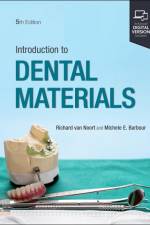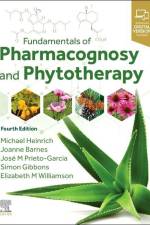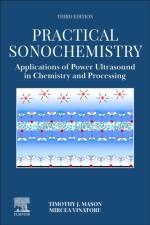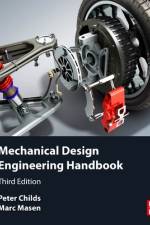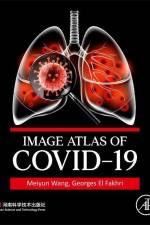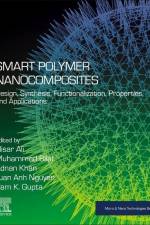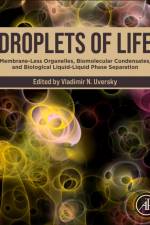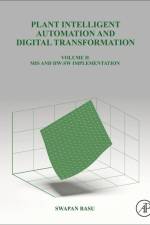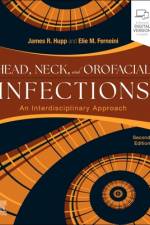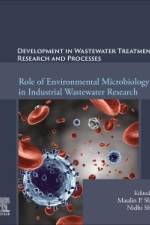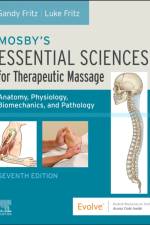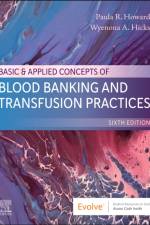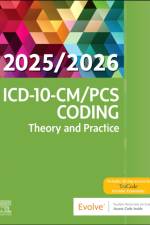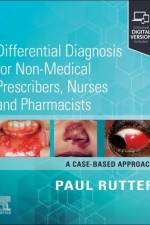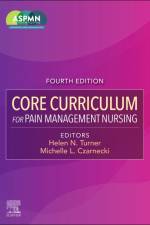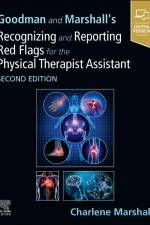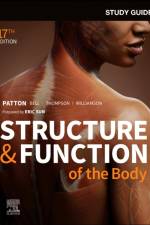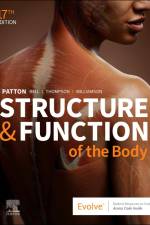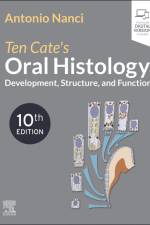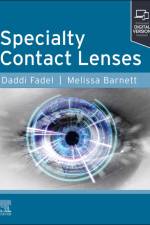- A Multidisciplinary Approach
av James R Hupp
1 537
Providing full-color coverage of best practices, Head, Neck, and Orofacial Infections: An Interdisciplinary Approach, 2nd Edition, is an authoritative resource offering in-depth guidelines to the diagnosis and management of pathology due to severe infections. Comprehensive, evidence-based coverage presents both cutting-edge and time-tested approaches to recognizing and handling infections. From well-known academia and clinical educator James Hupp and accomplished surgeon Elie Ferneini, with chapters authored by expert contributors, this book is ideal for use as a clinical resource for a wide array of healthcare providers, as well as to prepare for licensure examination and board certification.NEW! Cutting-edge content covers microbiologic nomenclature, anti-microbial agents, understanding of viruses and anti-viral drugs, the management of patients during pandemics, and the team approach to managing infections of unknown origin or resistant to the usual treatment strategies.NEW! Full-color clinical images enhance understanding of key concepts in the text.NEW! eBook version, included with print purchase, provides access to all the text, figures, and references with the ability to search, customize content, make notes and highlights, and have content read aloud.UPDATED! Appendices include illustrative case reports.Comprehensive, easy-to-read coverage addresses the basic science, clinical diagnosis, and holistic management of a broad range of head, neck, and orofacial infections with both time-tested and cutting-edge approaches to patient management.More than 500 photographs, radiographs, and illustrations demonstrate pathologies, procedures, and outcomes.World-class authors and contributors share their expertise from the disciplines including infectious disease, head and neck surgery, oral and maxillofacial surgery, plastic surgery, and otolaryngology, as well as other disciplines involving severe infections of the head, neck, and orofacial regions. State-of-the-art guidance reflects extensive experience with current techniques, as well as technological advances in managing head, neck, and orofacial infections.A logical, sectioned approach to the content includes three sections: I) issues that are common to all infections of the head and neck region, II) infections of specific parts of the region, and III) infections related to certain procedures, types of patients, unusual organisms, and medical-legal implications.

